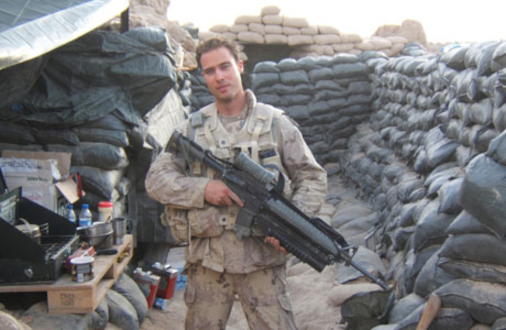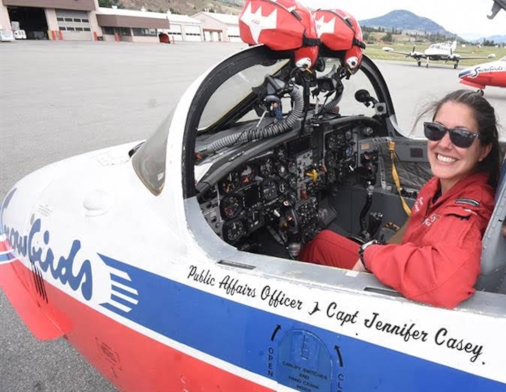
Reflections on Vancouver, British Columbia and other topics, related or not
Post-traumatic
futility disorder
Combat horror isn’t the only cause of wartime PTSD,
as Canada’s experience in Afghanistan confirms
Greg Klein | August 13, 2021
A kind of war hero unrecognized by military brass,
corporal Travis Schouten clashed with Canadian officers
when he objected to Afghan child rape.
Imagine such a realization—that your sacrifice helped nobody, happened at the behest of a smug establishment and took place within an institution as pitiful as the Canadian military. And that’s not even mentioning its official support for pedophile gang rapists. Maybe there’s more than routinely acknowledged behind the post-traumatic stress disorder experienced by Canadian veterans of Afghanistan.
The Taliban’s final conquest certainly plays a part. Canada’s mission started with a cynical Jean Chretien deal (was there any other kind?) that deflected American pressure by placing Canadian soldiers in an initially “safe” area. The effort had no realistic prospect of military success.
Following a period of relative inaction, Canadians found themselves in combat, reportedly with impressive valour. Then activity changed to regular patrols in which roadside bombs allowed unseen enemy to pick off soldiers, causing profound demoralization in addition to killing and maiming.
But the lowest point of Canada’s participation, maybe the lowest known point of Canadian military history, was the Afghan child abuse scandal. Disgusted lower-ranking Canadians wanted to intervene, but were prevented by their officers. Some combination of political correctness and international diplomacy, not to mention official Canadian pusillanimity, required toleration of “Afghanistan’s traditional culture.”
As early as 2006, Canadian officers learned that Afghan soldiers, police and translators regularly molested boys in weekly gang rapes at the Canadian Forces base near Kandahar. Canadian officers ordered their soldiers not to interfere. As reports moved higher up the chain of command, military brass declared them “unfounded.”
Even by 2008, as the gang rapes continued, senior officers did no more than establish an “inquiry.” Its report wasn’t finished until 2010 and wasn’t released until 2016, two years after Canada left Afghanistan. The document gave political flacks a lesson in how to use obfuscation, positive spin and slippery explanations to sugarcoat institutionalized pedophile gang rape.
Look at Canada’s military structure, however, and its response isn’t surprising. The very top echelon consists of soft careerists, somewhat weird-looking for their unmilitary bearing. Below them lies a disproportionately Quebecois officer class. These non-combatants started signing up in the 1960s and ’70s, when the entire Canadian military became a non-fighting unit with francophone career advantages. Quebec hadn’t supported any Canadian military endeavour since 1814. We’re not supposed to talk about who the Quebecois supported in WWII.
In the most commemorated Canadian Forces fatality
for several years, Captain Jennifer Casey died as a passenger
in a Snowbird promotional stunt that went wrong. With a
demeanour suggesting she’d never been near combat,
Casey won high military rank as a media publicist.
Nor is the martial spirit encouraged by all those lesbians. Some of the Canadian personnel in Afghanistan risked life and limb, but others? Meet them, talk with them, look at their souvenir photos. They might act butch but they were obvious tourists in a war that killed approximately 158 Canadians and wounded another 2,000.
When real vets came home, they must have noticed our elites support a social revolution that’s destroying Canada.
Just a small part of that revolution will be the upcoming Afghan migration, maybe hyped with emotional bullshit comparable to the fake Syrian refugee crisis. No matter which aspects of “Afghanistan’s traditional culture” the newcomers espouse—and accounts from that country insist that the culture is deeply imbued with child rape—they’ll get far more consideration than Canadian vets.
What a hellish way to learn a hellish lesson. Can even a diagnosis of PTSD fully acknowledge such an experience?
Updates: The culture of Afghan child abuse victimizes girls too.

